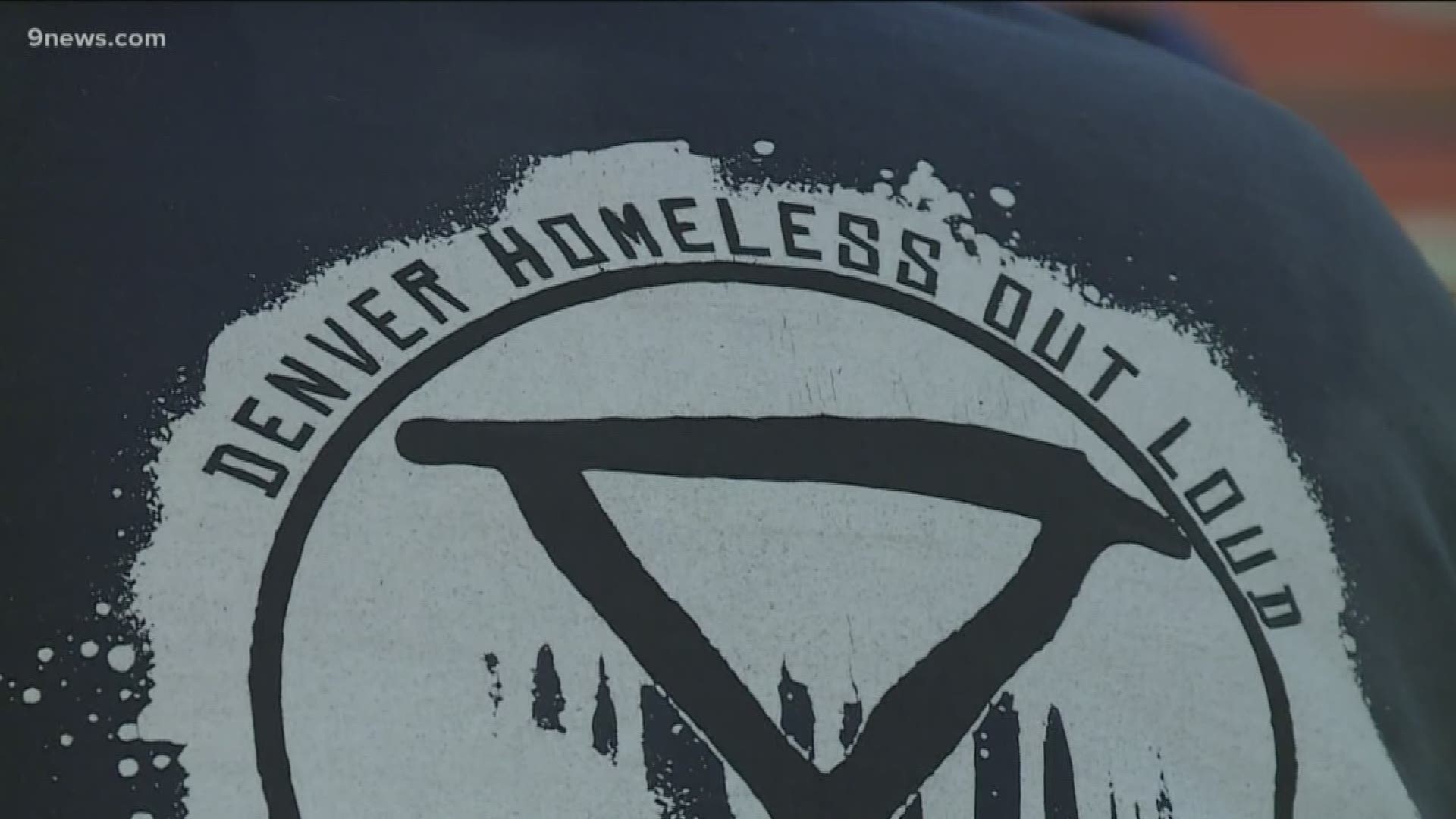DENVER — Editor's note: An earlier version of this story did not include a comment from the Denver City Attorney's Office, which released a statement Friday shortly after the ruling.
Denver’s urban camping ban violates the U.S. Constitution, a Denver County Court ruled on Friday.
In his decision, Judge Johnny Barajas wrote the controversial city code infringes on the 8th Amendment that prohibits cruel and unusual punishment and “guarantees individuals the right not to be subjected to excessive sanction.”
The judge cited a ruling from a case out of Boise, Idaho. An appeals court said people who are homeless cannot face criminal penalties for sitting or sleeping on public property if a shelter cannot house them. Earlier this month, the U.S. Supreme Court refused to consider the Boise case, allowing the appeals court decision to stand.
Barajas wrote that while Denver has open beds in its shelters, those beds are not easily accessible for everyone. The ruling said men with children, people who have a serious mental illness, unaccompanied minors, people with pets and the LGBT community are among the groups who have limited access to adequate shelter.
Others testified they were turned away if they did not make it to a shelter before curfew. People who work swing shifts fall into that category.
Jerry Burton brought the camping ban challenge to court, asking for a citation to be dismissed. Police cited Burton for his camp at 29th Street and Arkins Court, near the South Platte River, in April. Police said Burton refused to go to a shelter, but they did not arrest him because he dismantled his camp voluntarily.
"The decision is part of a broader movement by the courts to prohibit cities from enacting laws that seek to push homeless individuals out of sight," Burton's attorney, Andy McNulty, said in a statement.
The judge ruled against Burton’s claim that his 14th Amendment rights were violated in this instance.
Voters in Denver defeated Proposition 300 in May. It would have ended the camping ban, which became law in 2012. According to Friday's ruling, 31 people in Denver have been cited for violating the ban since 2011.
The Denver City Attorney's Office released an updated statement Monday that reads:
"We filed a Notice of Appeal of the case in Denver County Court this morning and requested a stay of execution of the County Court’s Order that the City’s unauthorized camping ordinance is unconstitutional. We are still exploring our options and next steps, but it is important to remember that this is a narrow ruling on a criminal matter. The City will continue to enforce its ordinances, including those necessary to protect public health and safety.”
Ryan Luby with the city attorney's office clarified that when saying "the city will continue to enforce its ordinances,” he is not referring to the camping ban, rather the “many other tools the city has to protect public health and safety.”
RELATED: Centennial passes urban camping ban
SUGGESTED VIDEOS | Full Episodes of Next with Kyle Clark

